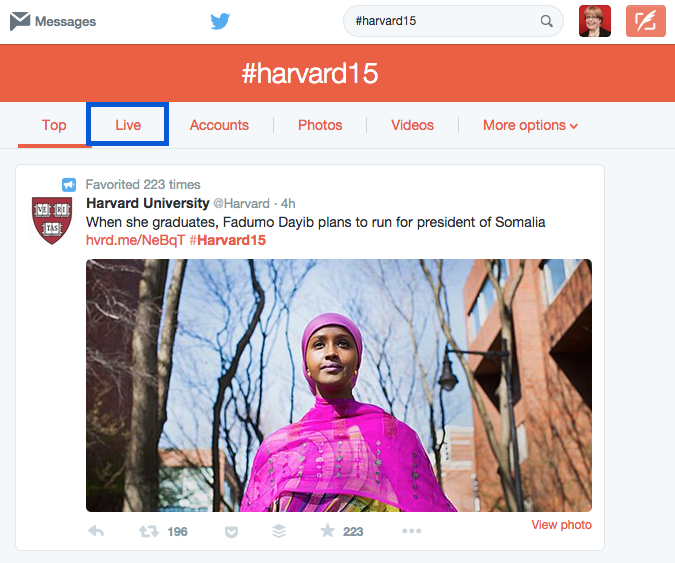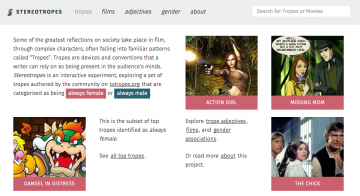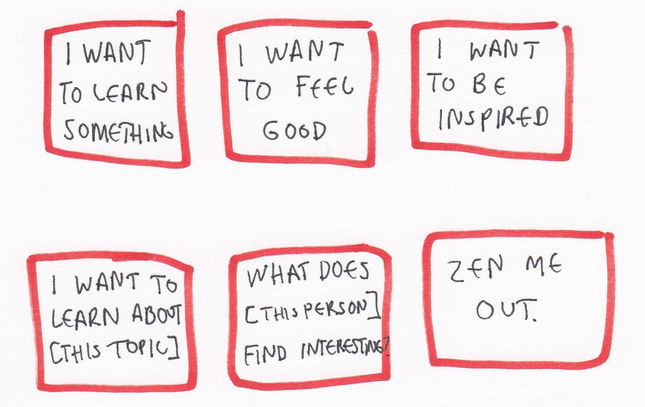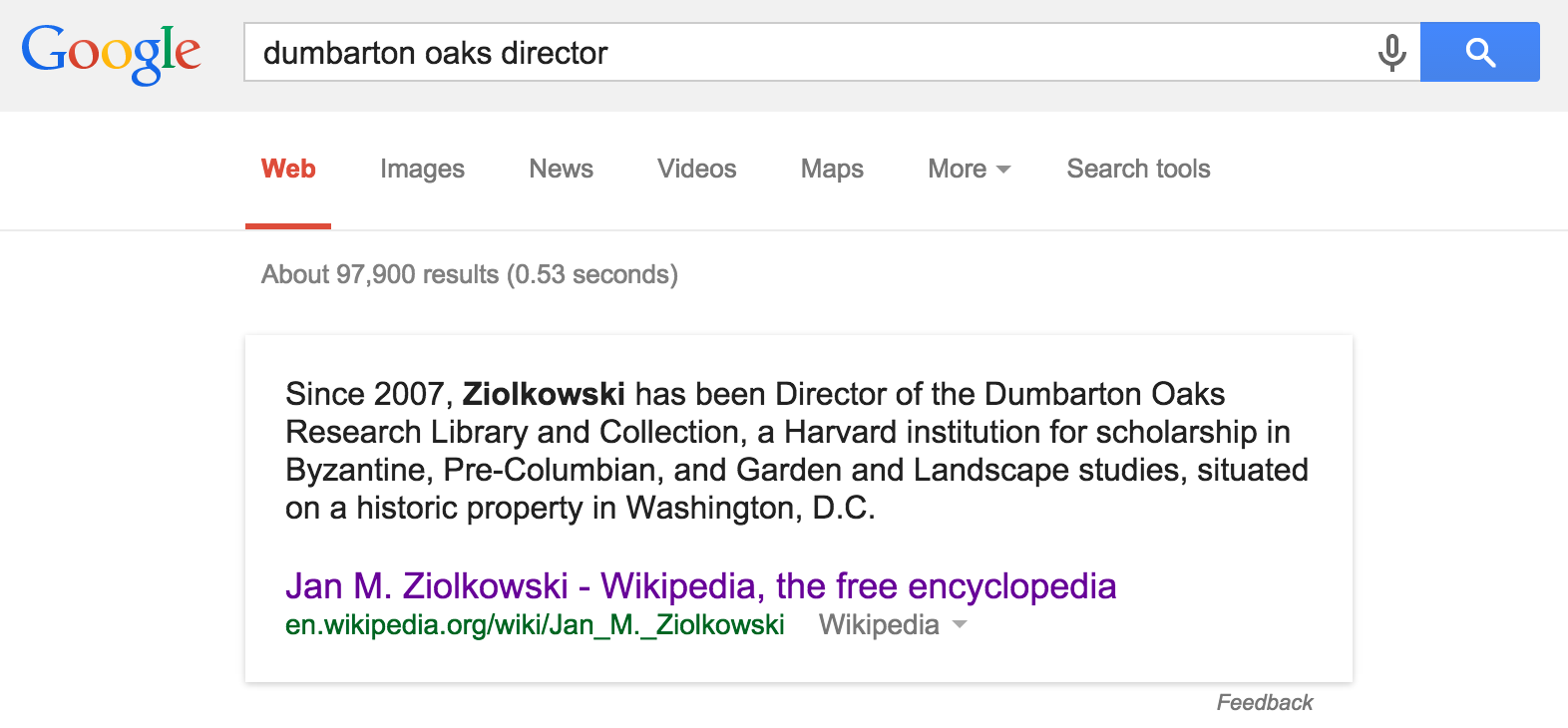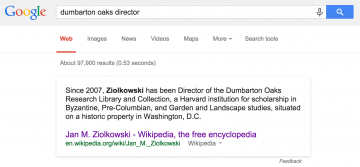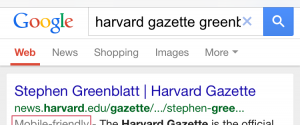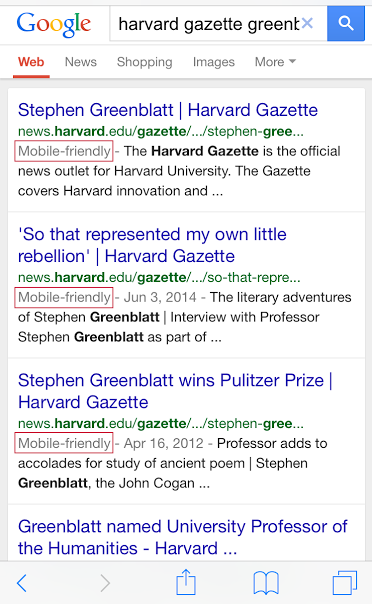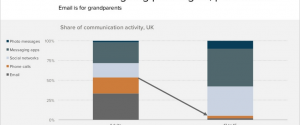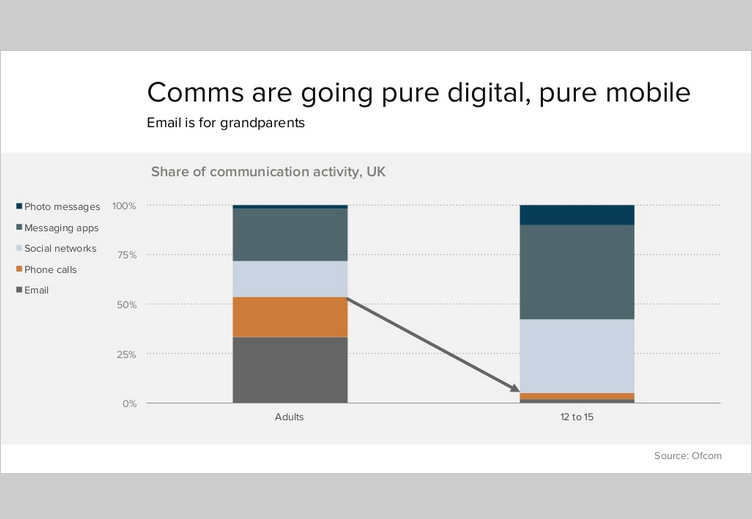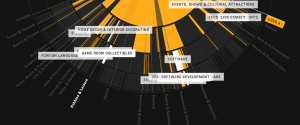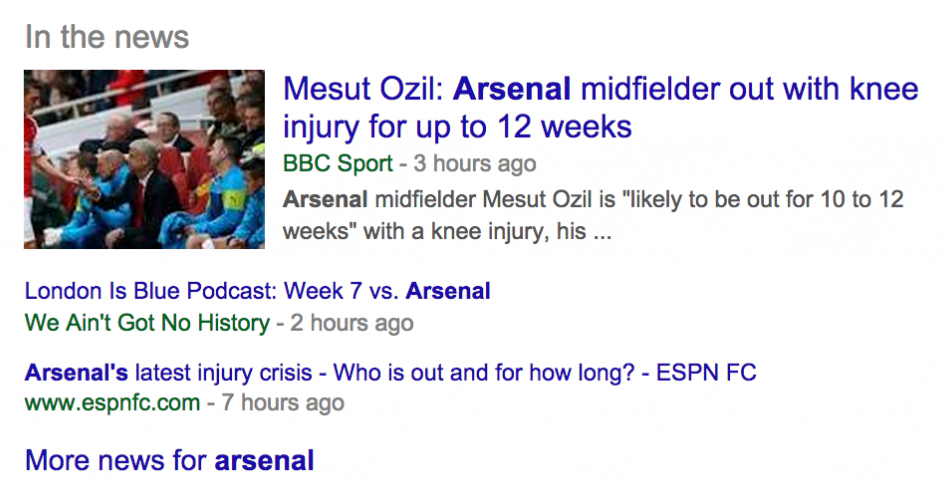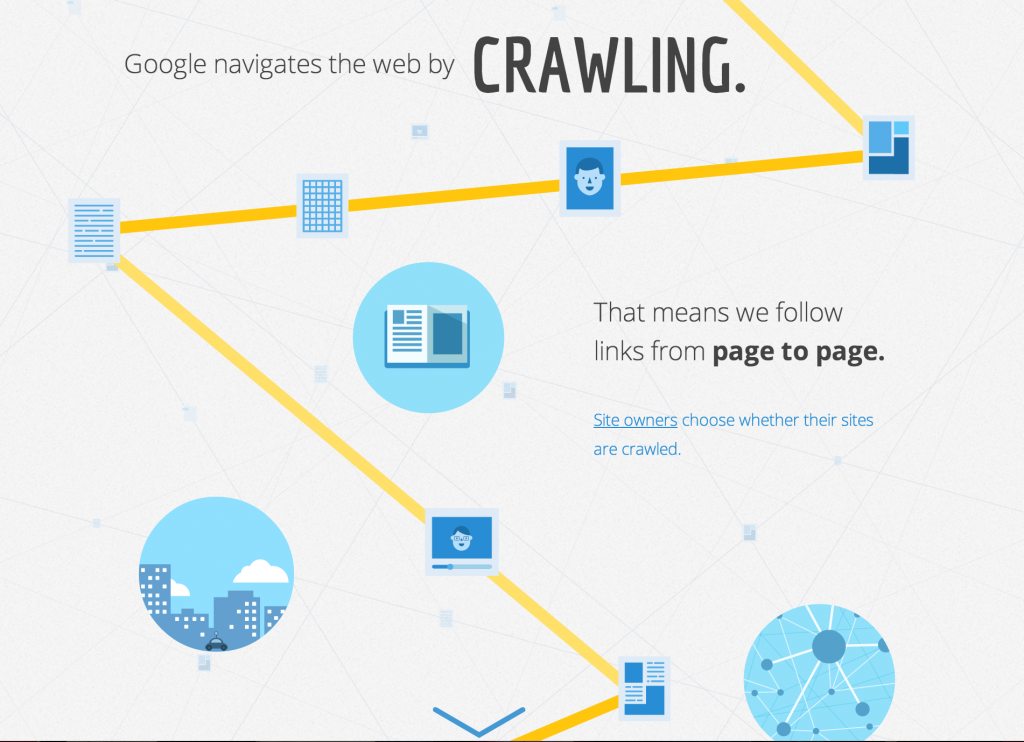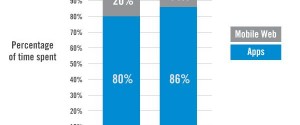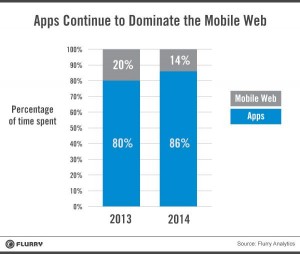- For those of you already planning your Memorial Day driving routes, Google Maps has released useful, new features alerting users to delays and detours as you enter your destination. Beyond the time estimate, new cards provide additional context about potential delays. Related trivia: Google Maps also released the top destinations from Memorial Day 2014.
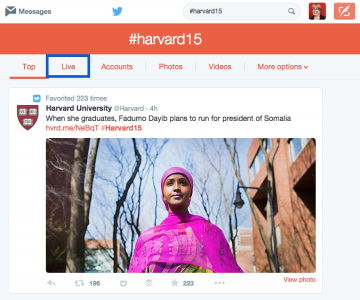 Google is once again showing tweets in search results, starting with mobile. Now you can search for topics and hashtags directly within Google. At the same time, Twitter is rolling out its own more robust search, with new features for logged-out users. My guess is that Twitter native search will cater more to live Twitter consumption of breaking news or events.
Google is once again showing tweets in search results, starting with mobile. Now you can search for topics and hashtags directly within Google. At the same time, Twitter is rolling out its own more robust search, with new features for logged-out users. My guess is that Twitter native search will cater more to live Twitter consumption of breaking news or events.- More than just music — everyone’s favorite social playlist subscription service Spotify is diversifying into podcasts and programming.
- Today’s workforce spans multiple generations, new economy and old economy roles, and various degrees of digital capability. Here’s why the expertise gap matters, and why the first step is acknowledging the problem.
- The MOOC (Massively Open Online Course) hype cycle peaked in 2012, but educators are still trying to crack the right formula for effective, online learning. Read this explanation of why primacy of location and cost still matters to motivate learners in a world outside the autodidacts of Silicon Valley.
Weekend fun: It’s the long weekend — why not let loose with some street dancing to beatboxers. Bad weather where you are? Then pore through these examples of faux code in TV and movies.
